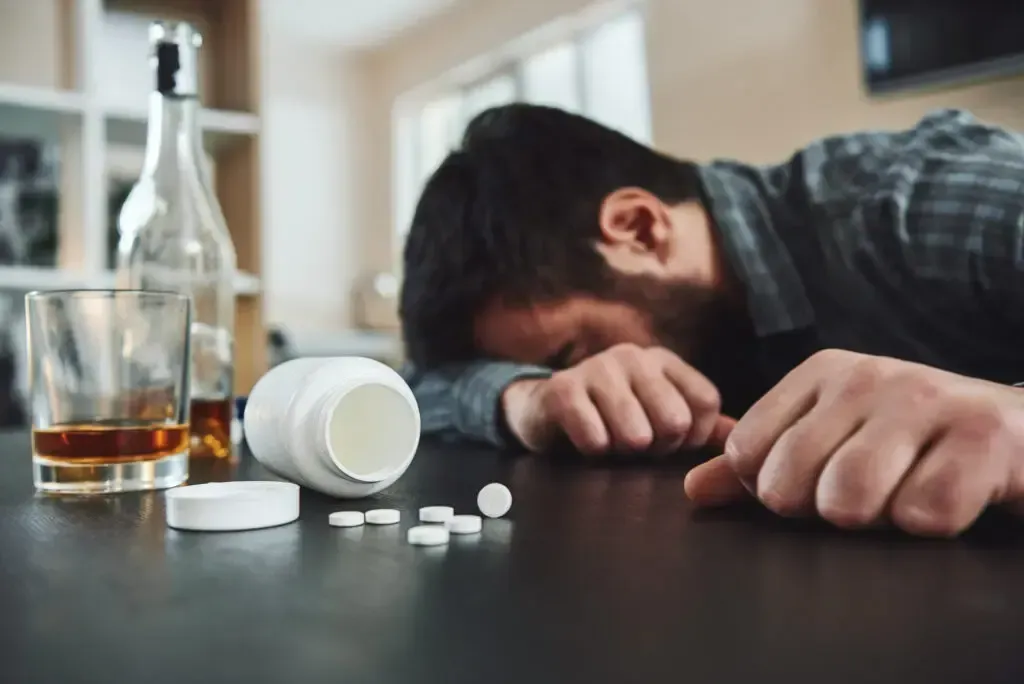Explore Our Blog
What Is a Poly-Substance Abuser?
Advance Minds Blog
A safe space to explore subjects within the community such as mental health, substance abuse and personal identity.
Our safe space also provides the opportunity for real individuals to express their hardships and success through writing.
A poly-substance abuser is someone who regularly uses two or more substances at the same time or within overlapping periods.

This type of addiction can be more dangerous than using a single drug due to increased health risks, unpredictable effects, and greater difficulty in treatment.
Let’s explore what poly-substance abuse really means and why recognizing it is important for recovery.
1. Definition of Poly-Substance Abuse 📘
- The use of multiple drugs or substances at the same time or during a similar time period
- Substances can include alcohol, prescription medications, illegal drugs, or over-the-counter drugs
- Often not about preference—users may take whatever is available to enhance or balance effects
2. Common Substance Combinations 🔀
- Alcohol and cocaine – used to balance stimulant and depressant effects
- Opioids and benzodiazepines – both depressants, increasing risk of overdose
- Meth and heroin ("speedballing") – used for a high/low push-pull effect
- Prescription drugs and alcohol – often unintentional but very dangerous
3. Why People Engage in Poly-Substance Use 🤔
- To intensify a high or prolong the effects of one drug
- To counteract side effects (e.g., using a stimulant to stay awake while drinking)
- Due to tolerance—needing more substances to feel any effect
- Because of mental health struggles, trauma, or poor impulse control
4. Health Risks of Poly-Substance Abuse ⚠️
- Increased overdose risk due to interactions between substances
- Heart problems, breathing issues, liver damage, and seizures
- Greater chance of mental health disorders like anxiety, depression, and psychosis
- Higher risk of accidents, risky behavior, and legal problems
5. Challenges in Treatment 🧩
- Harder to determine which substance is causing specific symptoms
- More complex withdrawal symptoms—detox may be riskier and longer
- Higher relapse rates if not treated holistically
- Requires a comprehensive treatment plan targeting all substances and underlying causes
6. Getting Help for Poly-Substance Abuse 🆘
- Medical detox is often necessary to safely manage withdrawal
- Dual-diagnosis treatment may be needed for co-occurring mental health issues
- Therapy, peer support, and ongoing care help build lasting recovery
- It’s important to treat the whole person, not just one drug
Final Thoughts: Recovery Is Possible 💙🌱
Poly-substance abuse can feel overwhelming—but recovery is always possible with the right support. If you or a loved one is struggling with multiple substance use, professional help is essential. Healing takes time, but every step forward brings you closer to a healthier, substance-free life. 🌟

















